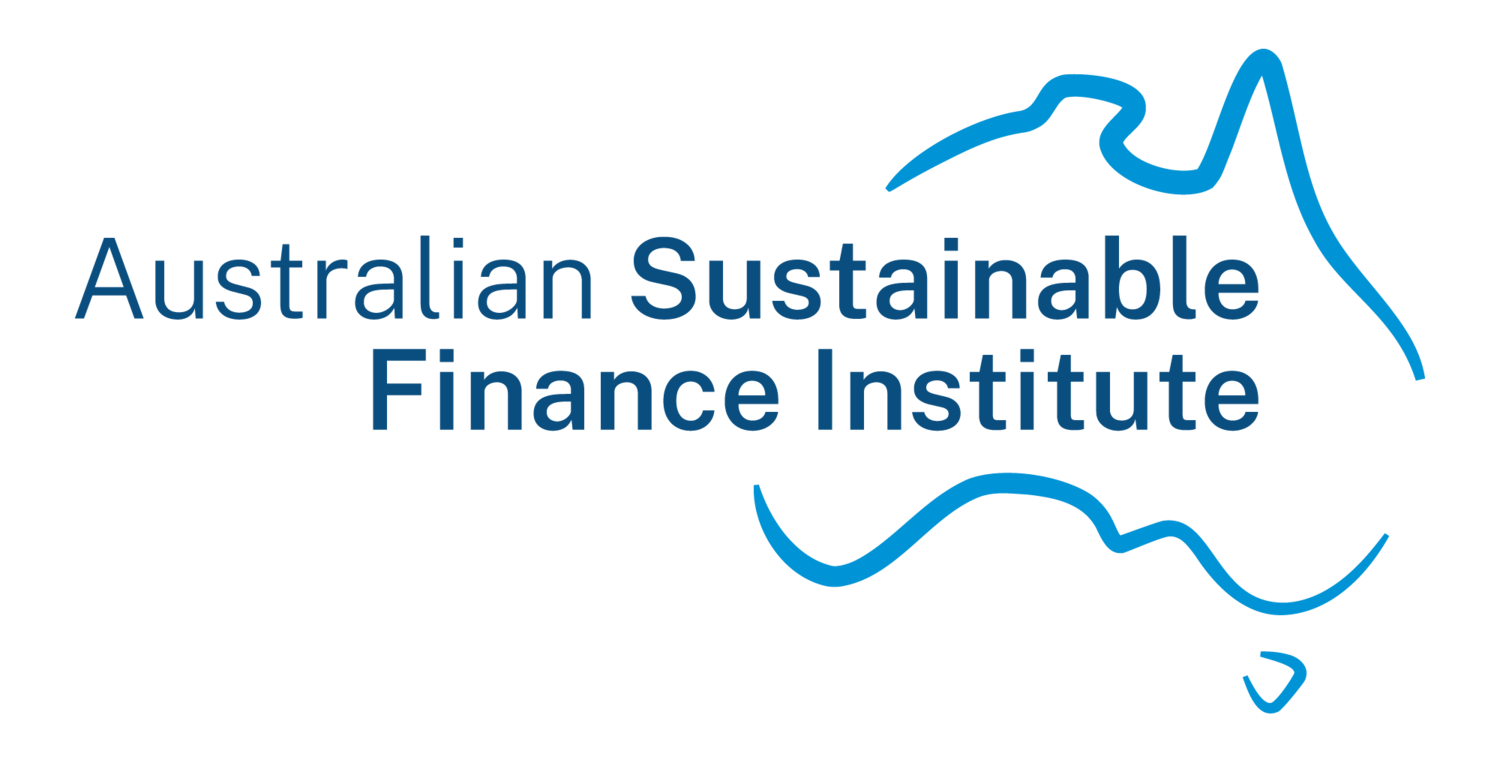Australia-UK Roundtable: Insights into Credible Transition strategies
ASFI, UK Finance and UKSIF bring together members from both countries to share lessons on taxonomy development, transition finance and credible pathways to net zero.
As the global finance sector moves from ambition to delivery, the challenge now is not whether to support the transition, but how to do it credibly.
Earlier this month, ASFI joined UK Finance and the UK Sustainable Investment and Finance Association (UKSIF) for a practical roundtable on taxonomy development, transition finance and the regulatory shifts shaping market behaviour.
Members from both countries were brought together to share insights, compare progress and explore how finance can best support credible transition pathways.
The discussion showed that while Australia and the UK are taking different paths, both are facing similar challenges about how to scale credible, science-based investment in the transition.
The UK: shifting gears on sustainable finance
After years of debate, the UK Government’s decision not to move ahead with a domestic sustainable finance taxonomy marks a clear shift in strategy. Almost half of consultation respondents supported a taxonomy, but most preferred to focus on the tools already in motion – using the EU Taxonomy, transition plans, sustainability reporting and sector roadmaps, supported by targeted policy incentives for industries in transition.
At the same time, the Financial Conduct Authority has introduced sustainability product labels to help investors identify credible offerings. and the UK Transition Finance Council (UKTFC) is leading work to define what “credible” transition finance looks like in practice.
The UKTFC’s three working groups – focused on credibility, sector pathways and scaling – have released draft guidance and a finance playbook that maps key principles to the Net Zero Investment Framework.
As part of this process, ASFI lodged a submission to the UK Transition Finance Council consultation, supporting its draft and calling for clear, science-based principles that can strengthen credibility across markets. Consultation runs until January 2026, with final guidance expected in March.
Australia: building a science-based foundation
Australia’s approach is grounded in a voluntary, science-based taxonomy developed under ASFI’s custodianship.
Designed as a practical tool, the taxonomy aligns sector-level decarbonisation pathways with the goals of the Paris Agreement and is already being tested through an initial implementation pilot program.
Insights from these pilots show strong demand for a consistent classification system that helps financial institutions direct capital to both green and transition activities.
Use cases range from issuing green or transition bonds to screening portfolio offerings and developing credible transition plans. In high-emission sectors like mining and cement, the taxonomy is proving particularly valuable for assessing transition maturity and supporting long-term planning.
Shared challenges, shared momentum
Despite policy differences, both countries face the same core challenges:
defining transition finance
avoiding greenwashing
improving interoperability across borders
Financial institutions are increasingly turning to shared frameworks such as the Glasgow Financial Alliance for Net Zero (GFANZ) and the UK Transition Finance Market Review to guide decision-making.
In the absence of a UK taxonomy, participants noted that resources like the Australian Sustainable Finance Taxonomy and the Loan Market Association’s transition loan guidance will play an important role as reference points.
Across both markets, practical examples are already emerging:
Insurers in Australia are using sector pathways to strengthen how they underwrite climate risk
Private market investors are applying voluntary frameworks to assess decarbonisation potential
Banks are developing transition finance frameworks aligned with international standards, helping set clearer expectations for credible finance
Looking ahead
The roundtable reinforced a shared commitment to credible, science-based definitions as the foundation for unlocking transition finance.
As both Australia and the UK continue to evolve their frameworks, collaboration will be key. Not to make them identical, but to ensure they work together and keep both markets investible in the eyes of global investors.
Because aligning finance with climate goals takes more than regulation. It takes leadership, innovation and genuine commitment to getting the transition right.

